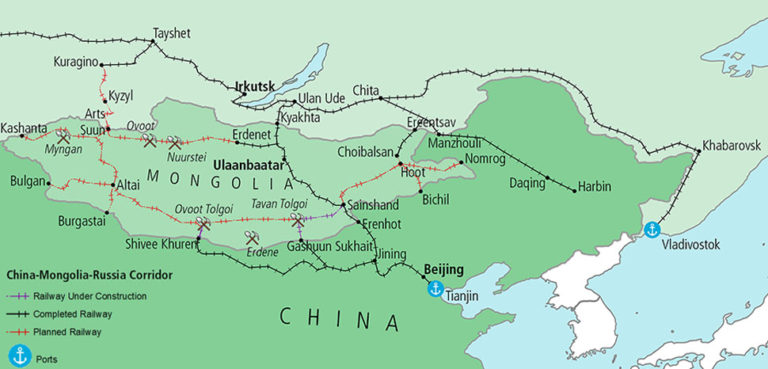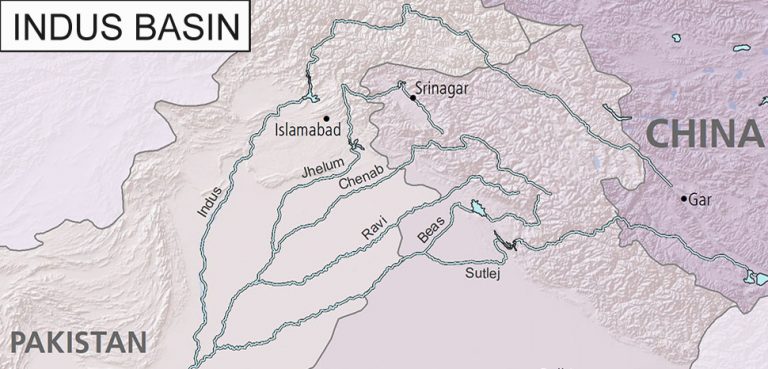
Nigeria’s geopolitical importance stems from its demographic, economic, and strategic weight. As the most populous country in Africa, with over 200 million people, Nigeria represents significant demographic power via a large domestic market and labor force. Furthermore, Nigeria’s diverse society, which encompasses a wide range of ethnic groups and cultures, places it at the heart of African socio-political dynamics, making it a critical player in efforts toward regional integration and cultural diplomacy.
Economically, Nigeria is one of Africa’s largest economies, with its approximately $395 billion GDP among the top three on the continent – higher than Egypt’s $358 billion and just behind South Africa’s $401 billion. The nation’s wealth is largely attributed to its extensive oil and gas reserves, making it one of the world’s leading oil exporters. Strategically, Nigeria’s location on the Gulf of Guinea grants it a pivotal maritime position, controlling crucial shipping lanes with access to significant Atlantic trade routes. This strategic maritime position is vital for international trade, especially for oil exports. Moreover, Nigeria’s role in regional and international organizations, such as the Economic Community of West African States (ECOWAS) and the United Nations, amplifies its influence on regional security, economic policies, and diplomatic initiatives. As a leading contributor to peacekeeping missions in Africa, Nigeria has a substantial impact on the continent’s security landscape. Its efforts in combating regional threats, such as terrorism and piracy, further underline its importance as a stabilizing force in West Africa.



